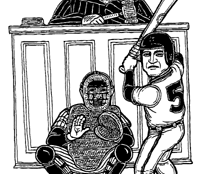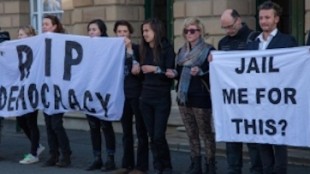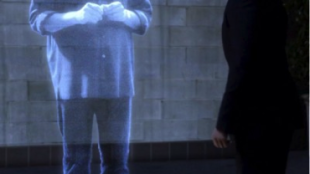America’s Favorite National Pastime: 7th Circuit Upholds Baseball’s Antitrust Exemption
Although baseball’s popularity has waned in recent years, the sport remains unique from any other professional sports league in that it is exempt from the scrutiny of federal antitrust laws. While other leagues have attempted to gain a similar exemption, and have consistently been unsuccessful, baseball has managed to maintain the exemption for close to a century. Recently, the 7th Circuit upheld this exemption in Right Field Rooftops LLC et al. v. Chicago Baseball Holdings LLC. The decision begs the question: isn’t it time for baseball’s undeserved, outdated exemption to be overturned? The exemption was originally granted to the sport in a 1922 Supreme Court decision called Federal Baseball Club of Baltimore v. National League, in which the Court ruled that federal antitrust laws did not apply to baseball because only interstate commerce was subject to federal antitrust scrutiny, and such “exhibitions” were not interstate commerce. Over thirty years later, in a 1953 decision called Toolson v. New York Yankees, the Supreme Court declined to overturn Federal Baseball, reasoning that the league had “been left for thirty years to develop, on the understanding that it was not subject to antitrust legislation” and that Congress, not the courts, should decide whether [read more]










